China is becoming an increasingly popular destination for international students, including those from Africa, due to its affordable education, rich cultural experiences, and high-quality academic programs. Many Chinese universities are particularly welcoming to international students and offer specialized services to help them integrate smoothly. Here are some of the best universities in China that have high rates of admission for international students, especially those from Africa:
10 Reasons of Studying in China
An education power with high-quality and rapidly improving higher education
More than 1,000 institutions with more than 10,000 courses to select
5,000 years of history and diversified culture
Various scholarships and grants
Broad career future and numerous internship opportunities
Reasonable cost
Vibrant social environment and amicable atmosphere
Modern and convenient way of life empowered by the ever-changing tech innovations
One of the safest countries in the world
Spectacular natural scenery and delicious Chinese cuisine
University Rankings and Opportunities for International Students
14%+
International Students from Africa
89%
Employability Rate
43
Universities
1000+
Scholarships
4 Years
Work Visa
90%
Visa Approval Rate
Visa & Application Process for International Students in China
If you are planning to study in China, you will need a student visa (X visa). This section explains the different visa types, the application steps, approval rates, processing time, and the required documents.
1. Student Visa Types (X1, X2) & Application Steps
Types of Student Visas
China offers two types of student visas depending on the duration of your studies:
🔹 X1 Visa (Long-Term Study Visa)
- For students planning to study in China for more than 180 days (6 months).
- Issued as a single-entry visa, but after arrival, you must convert it into a residence permit within 30 days.
- Suitable for degree programs (bachelor’s, master’s, PhD) or long-term exchange programs.
🔹 X2 Visa (Short-Term Study Visa)
- For students studying in China for less than 180 days (6 months).
- Issued as a single-entry visa, meaning you cannot leave and re-enter China with the same visa.
- Suitable for short-term courses, language programs, or training programs.
2. Visa Approval Rates & Processing Time
Visa Approval Rates
- China has a high visa approval rate for students who provide complete and correct documents.
- Approval rates vary based on:
- The reputation of the university offering admission.
- The accuracy of documents submitted.
- The applicant’s financial stability (proof of funds).
- The applicant’s background (no criminal record).
🔹 Estimated Approval Rate:
- 80-95% for students with complete documentation.
- Lower approval rates for applicants with incomplete paperwork or past visa violations.
Processing Time
- Standard Processing Time: 4-7 working days.
- Express Processing (if available): 2-3 working days (higher fee).
- Rush Processing (in special cases): 24 hours (highest fee).
Affordable Chinese Universities

Liaoning Petrochemical University
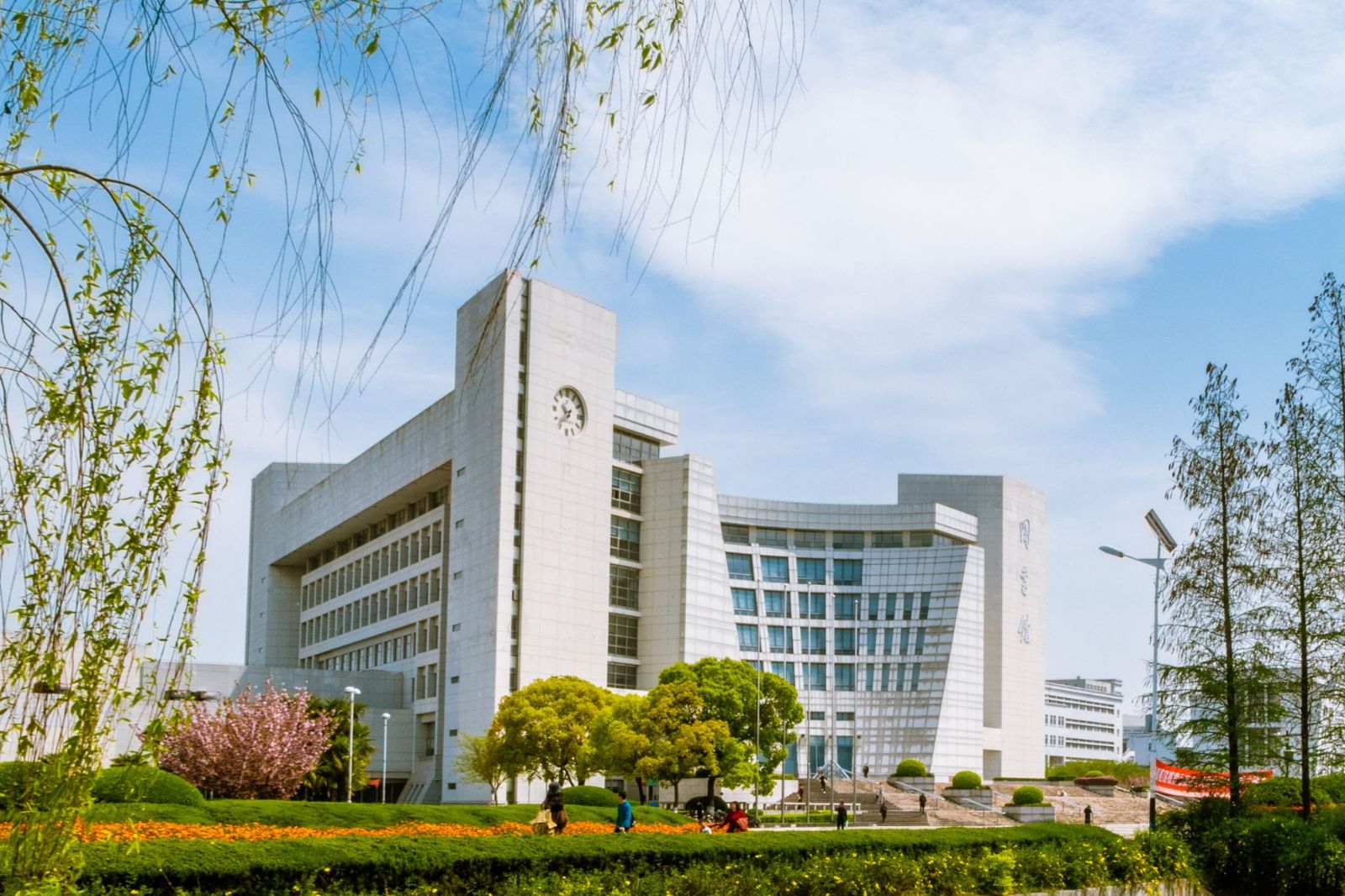
Shanghai University

Ningbo University
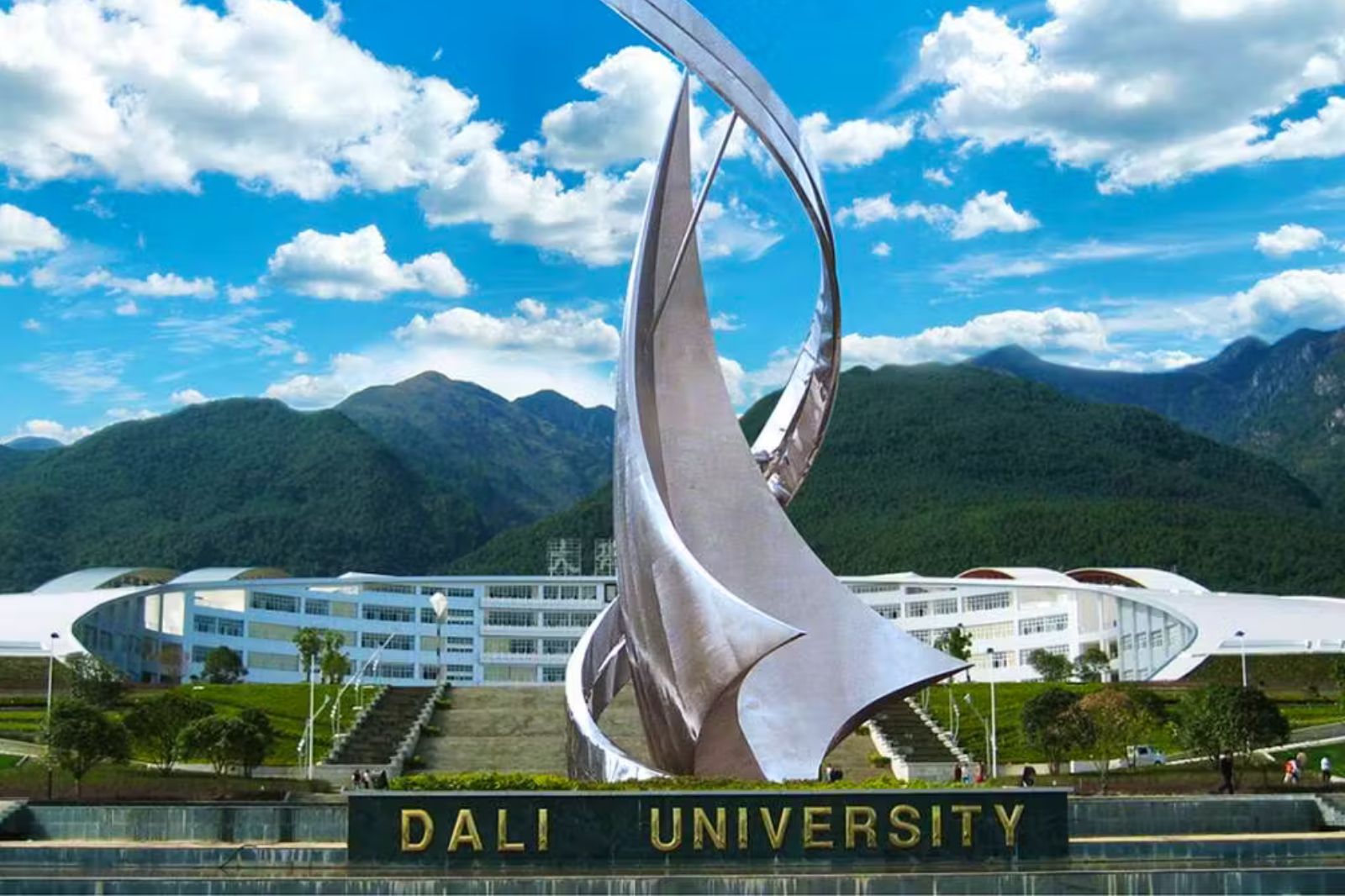
Dali University
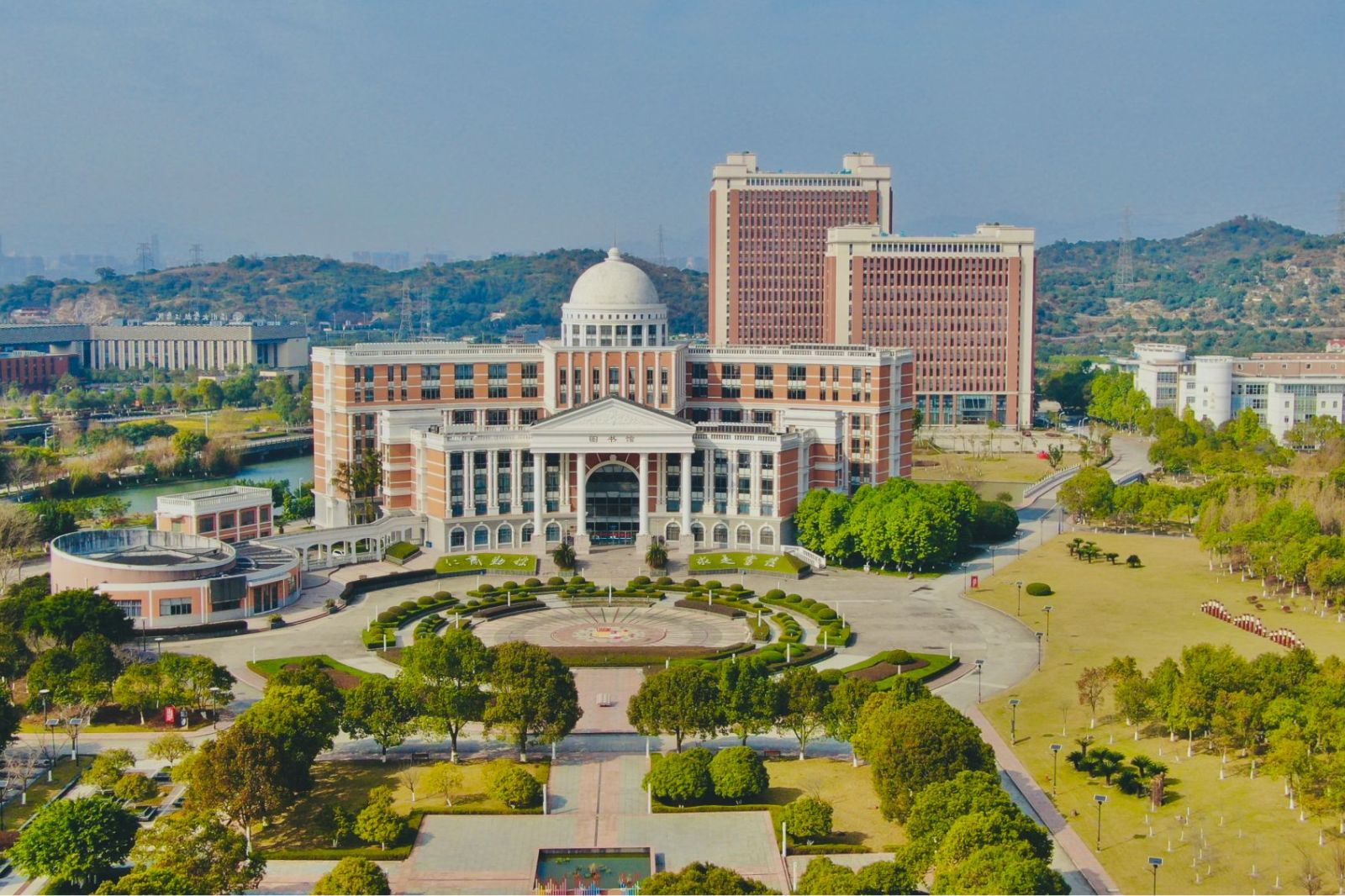
Wenzhou University
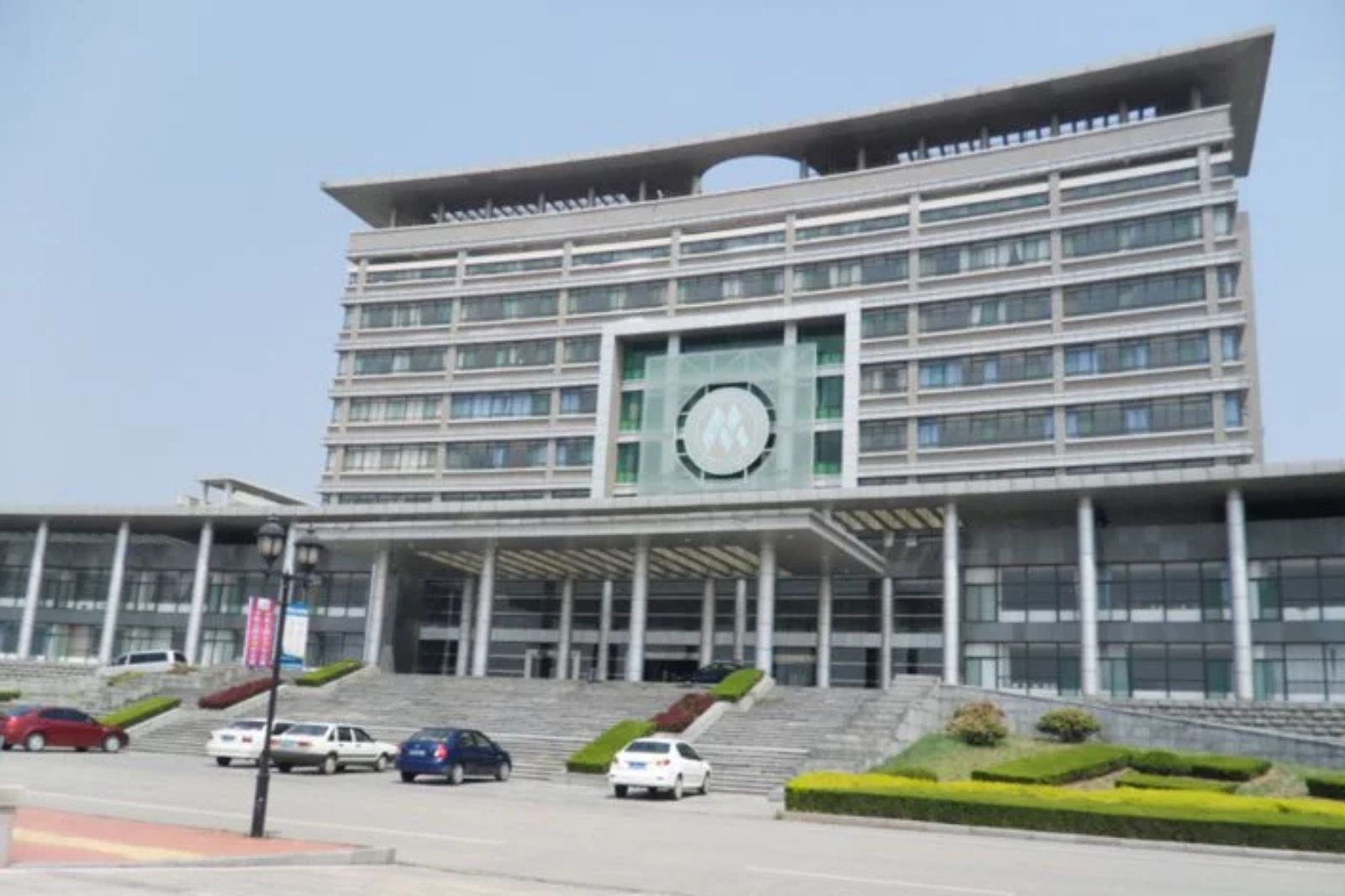
Shadong First Medical University

Nanchang University

China University of Mining and Technology
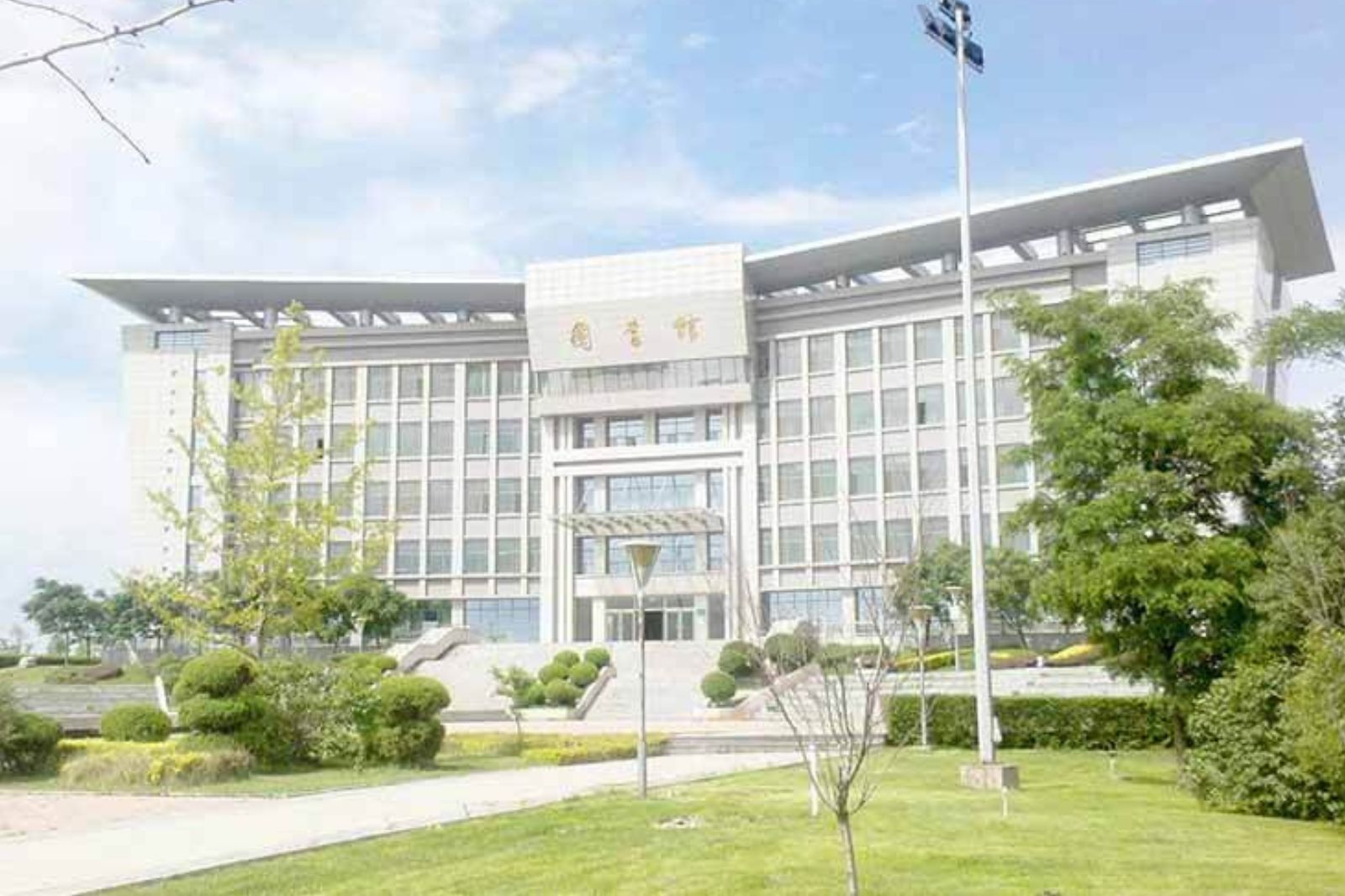
Jinzhou Medical University

Shenyang University of Chemical Technology
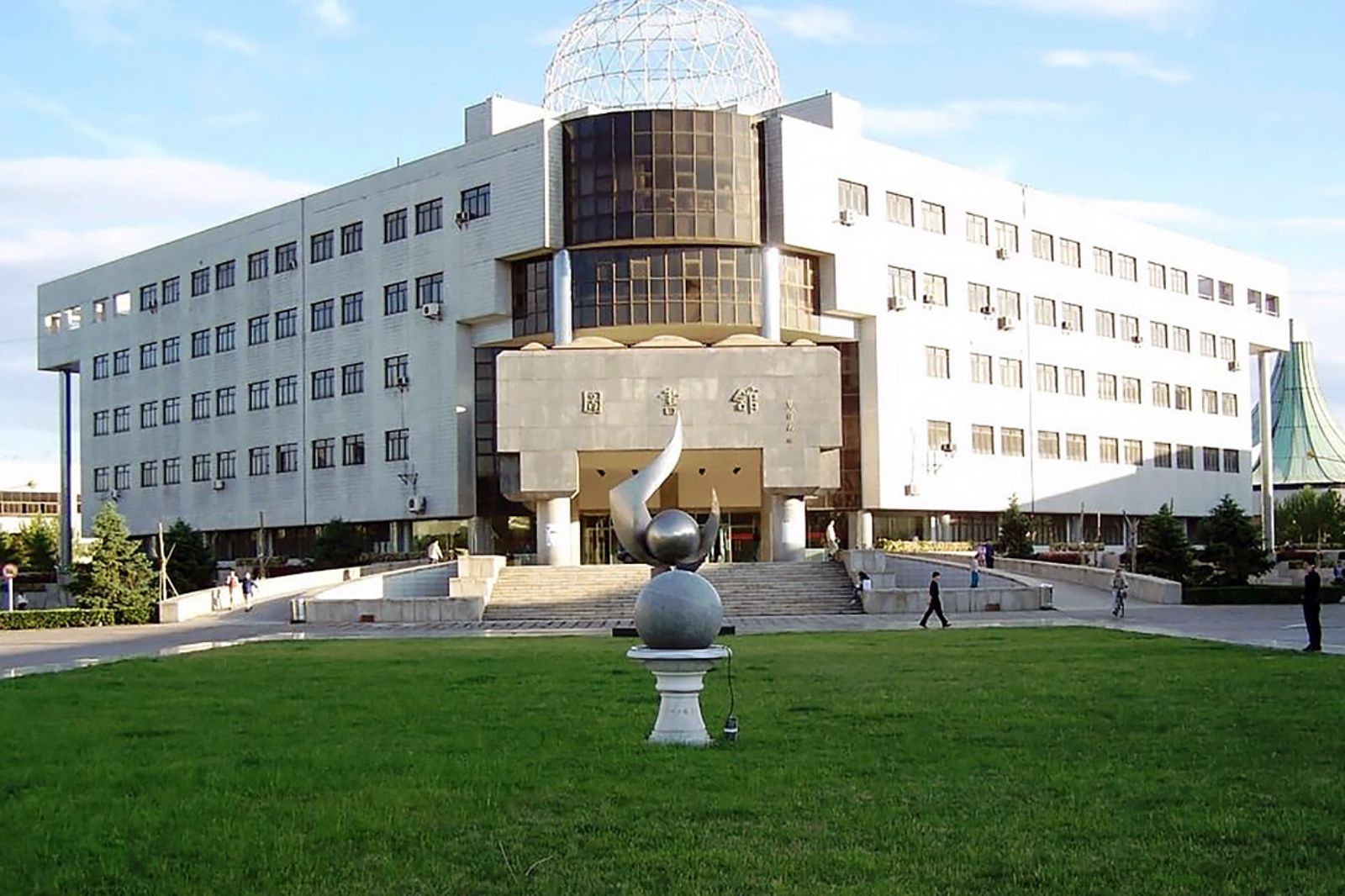
China University of Petroleum

Zhejiang University of Science & Technology

Nanchang University

Shenyang Urban Construction University
Study in Chinese Universities
These programs are designed to equip students with practical skills, theoretical knowledge, and global perspectives.
Business Management
Covers fields like accounting, marketing, and entrepreneurship, preparing students for roles in global business environments.
Engineering and Technology
Offers specializations such as civil, electrical, and software engineering, focusing on innovation and real-world applications.
Health and Medicine
Includes nursing, public health, and medicine, providing top-notch facilities for clinical training and research.
Arts and Humanities
Encompasses history, literature, and creative arts, fostering critical thinking and cultural understanding.
Social Sciences
Explores psychology, sociology, and political science, addressing societal challenges and global issues.
Information Technology
Focuses on data science, AI, and cybersecurity, equipping students for careers in the tech-driven economy.
Natural Sciences
Covers biology, physics, and environmental sciences, emphasizing research and problem-solving in scientific fields.
Law and Legal Studies
Specializes in corporate, international, and human rights law, preparing students for diverse legal careers.
Education and Teaching
Focuses on early childhood, primary, and secondary education, training future educators.
Agriculture and Environmental Sciences
Addresses sustainable farming, forestry, and climate challenges, blending theory and practice.
Architecture and Design
Offers urban planning, interior design, and architecture, fostering creativity and technical expertise.
Media and Communication
Includes journalism, PR, and digital media, preparing students for dynamic communication roles.
Estimated Monthly Living Expenses
The cost of living for Tanzanian students in China varies by city. In Beijing, students can expect to spend between $1,000 and $1,200 USD per month, while in Shanghai and Shenzhen, the monthly expenses range from $850 to $1,200 USD. In other cities, the cost is relatively lower, ranging from $600 to $1,000 USD per month.
$ 700+
Accomodation
$ 400+
Food and Groceries
$ 150
Transport
$ 200+
Utilities
$ 30+
Student Health Cover
$ 280+
Other Expenses

Frequently Asked Questions
To study abroad, you typically need a valid passport, academic transcripts, an admission letter, proof of English proficiency (e.g., IELTS, TOEFL), and financial evidence to support tuition and living expenses.
Guru Overseas Education guides students through the entire study abroad process, including university selection, application submission, visa assistance, and pre-departure preparations for their chosen destination.
Yes, many universities abroad offer scholarships based on merit or financial need. Guru Overseas Education provides guidance on finding and applying for these opportunities. Additionally, we offer short-term financial support options to assist students in covering initial expenses.
Yes, international students are generally allowed to work part-time, usually up to 20 hours per week during academic terms and full-time during breaks, depending on the regulations of the country where they are studying.

Get Best Universities and Colleges
Guru Overseas Education is your trusted gateway to international education, empowering Tanzanian students to explore world-class learning opportunities, broaden their horizons, and transform their future through professional guidance and comprehensive support across 20+ global destinations.

